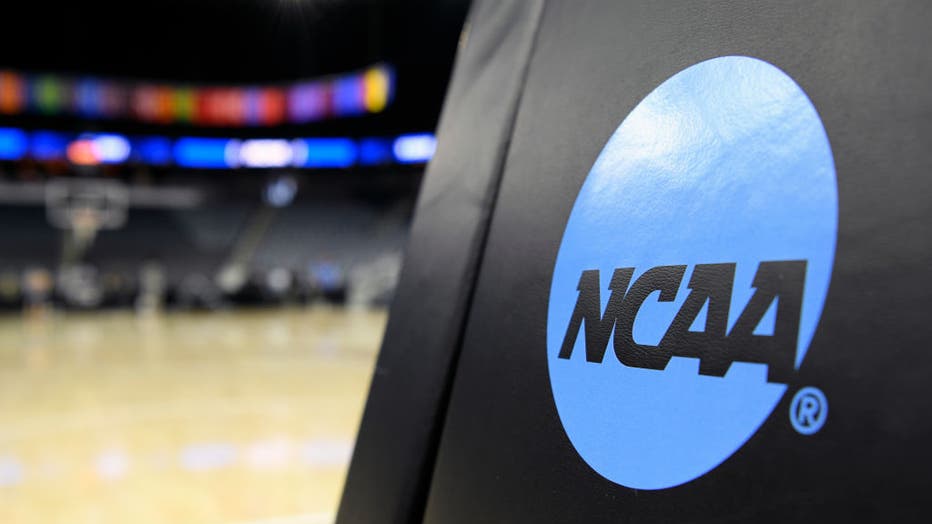NCAA eases transfer rules in response to court order
NCAA athletes will be immediately eligible to play no matter how many times they transfer — as long as they meet academic requirements — after the association fast-tracked legislation Wednesday to fall in line with a recent court order.
The NCAA posted on social media that the Division I Council’s decision becomes official Thursday when its meeting adjourns. It still needs to be ratified by the DI Board next week, but that is expected.
The new rules will go into effect immediately, though in reality they have already been enacted through a lawsuit filed late last year.
Transfer windows, which are sport-specific, remain in place and require undergraduate athletes to enter their names into the portal at certain times to be immediately eligible at a new school. Graduate students can already transfer multiple times and enter the portal outside the windows while maintaining immediate eligibility.
Members of the part-time Assembly, who reconvened Wednesday for a short session to consider Youngkin’s vetoes and proposed amendments to legislation, voted to use a procedural maneuver to effectively scrap the current budget bill so they can start anew.
House Speaker Don Scott told reporters the decision was made in the hopes of restarting talks in a more conciliatory manner, with the goal of bringing lawmakers back to the Capitol in May for a vote on a compromise spending plan.
Democratic leaders had been saying as recently as Tuesday afternoon that they planned to reject nearly all of the governor’s proposed budget amendments. That would have forced Youngkin to decide whether to veto the bill — a move that would have been seen as extraordinary.
After last-minute meetings between Youngkin and Assembly leaders, lawmakers settled on the change in course.
Youngkin, who spoke with leaders from both parties and both chambers at a brief news conference in the Capitol, said there’s broad agreement that policymakers are close to agreement on the budget.
"I think this is a very positive step forward to reaching a budget that serves the Commonwealth of Virginia and reflects the collective ... priorities — from everyone — including the General Assembly," Youngkin said.

EVANSVILLE, IN - MARCH 30: A NCAA logo is seen on the goal stanchion before the NCAA Division II National Championship Basketball game between the Minnesota State Mavericks and the Nova Southeastern Sharks on March 30, 2024, at the Ford Center in Eva
Lawmakers were also working through dozens of other bills Youngkin returned to them with suggested changes, including a heavily lobbied measure dealing with so-called skill games, gambling machines that proliferated in convenience stores and other small businesses around the state before lawmakers passed a ban in 2020.
This year’s legislation would legalize, regulate and tax the machines, though the changes Youngkin suggested would implement far stricter limits and a higher tax rate than the version the Assembly sent him. Convenience stores around the state staged demonstrations this week, briefly halting lottery ticket sales Monday and closing for an hour on Tuesday in an effort to draw attention to the issue and urge lawmakers to reject the governor’s amendments.
Virginia’s reconvened sessions can last up to 10 days but are typically single-day affairs.
The Associated Press contributed to this report.


